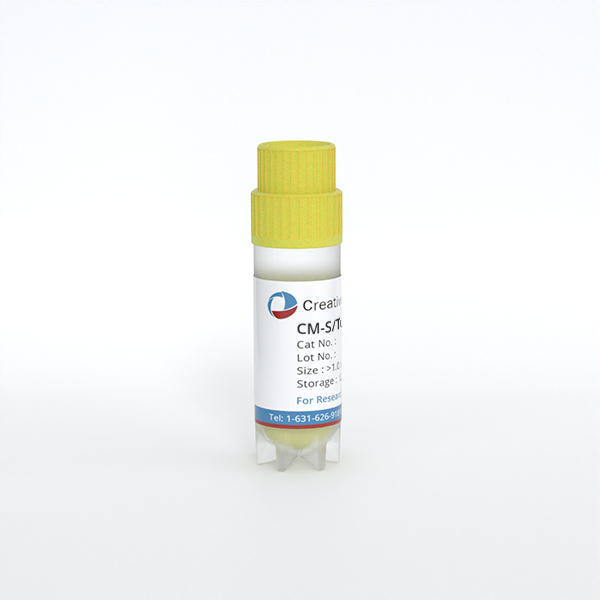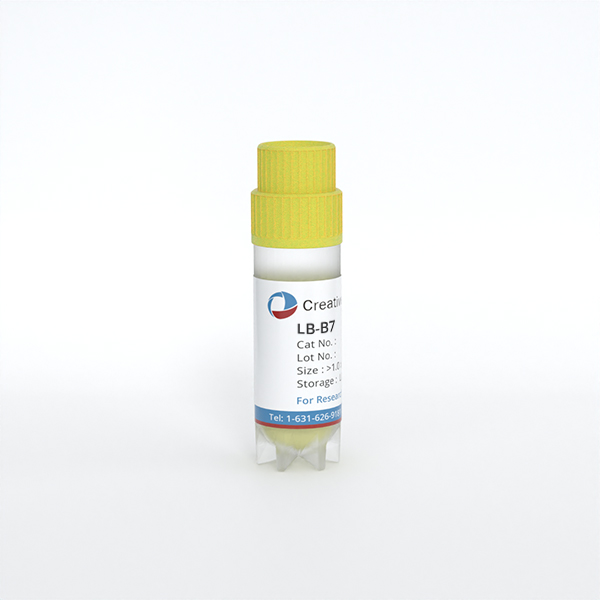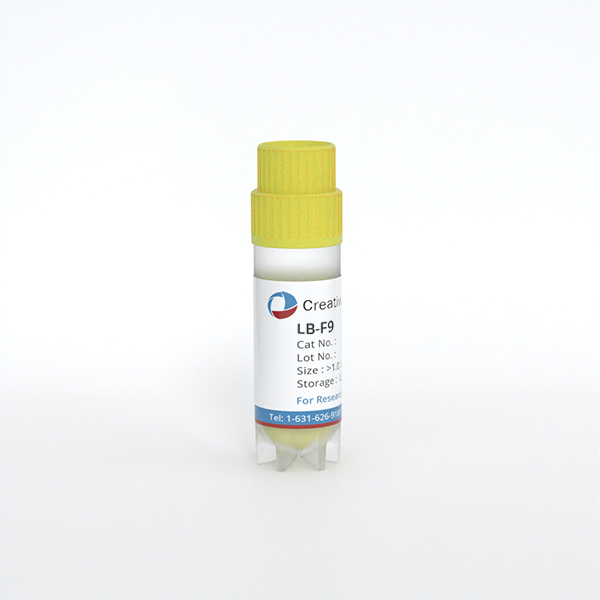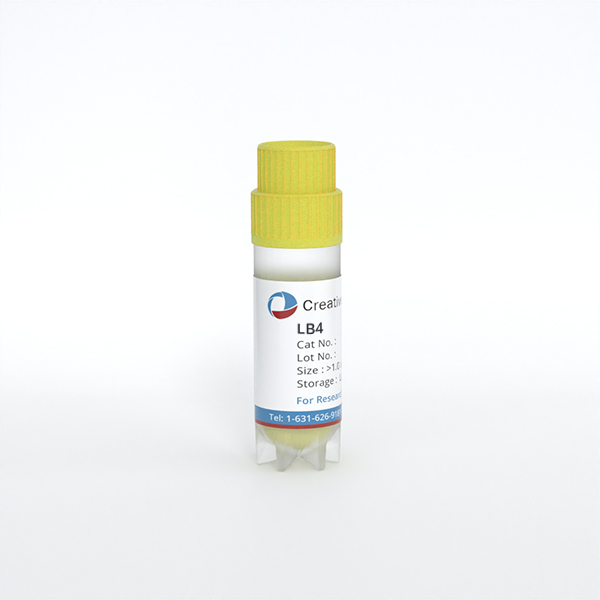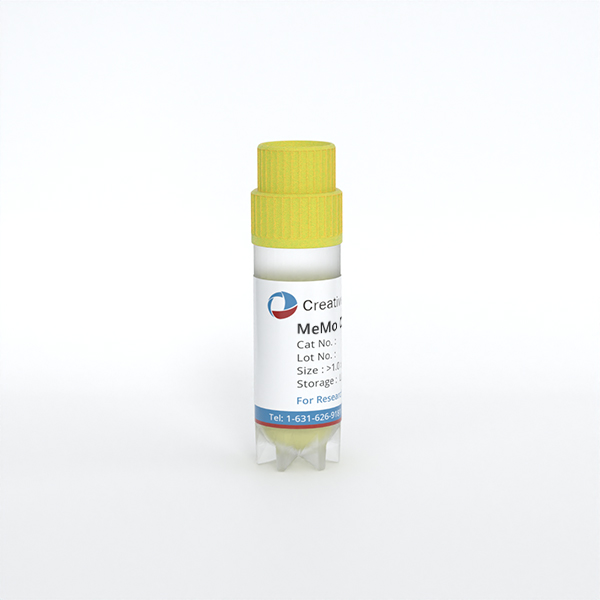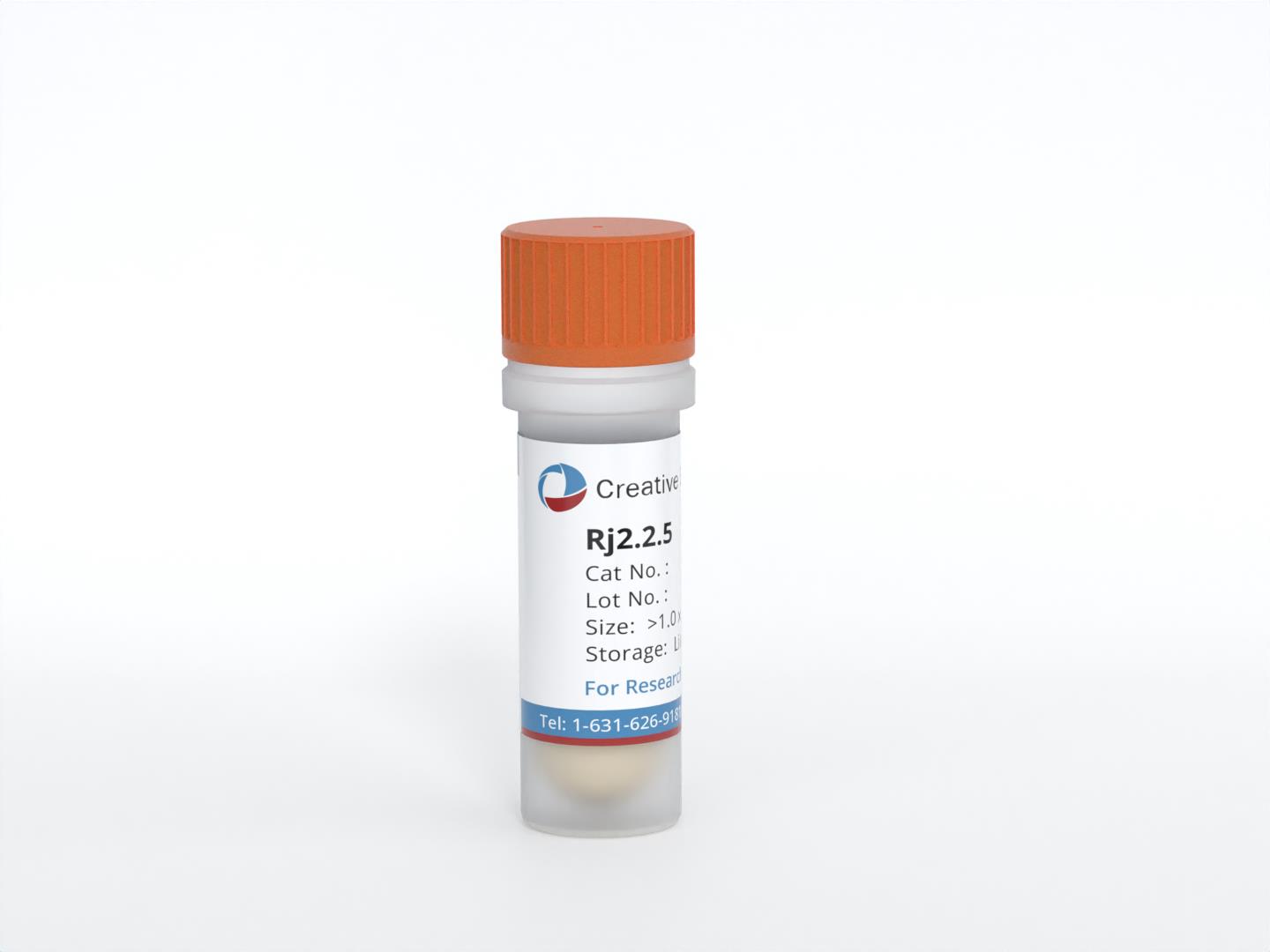Featured Products
Our Promise to You
Guaranteed product quality, expert customer support

ONLINE INQUIRY
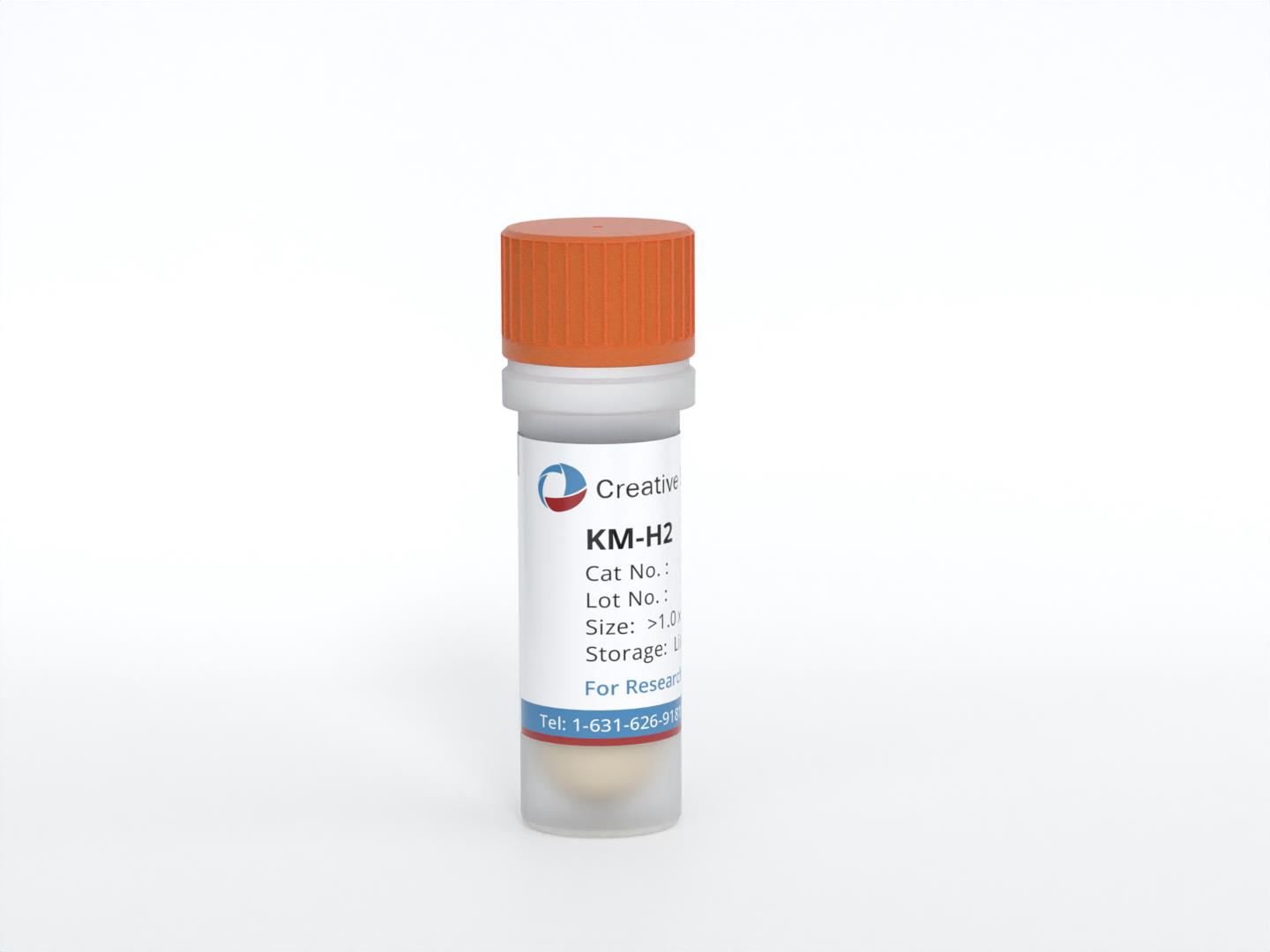
KM-H2
Cat.No.: CSC-C0104
Species: Human
Source: Hodgkin lymphoma
Morphology: single, round to polygonal cells in suspension; heterogeneity in cell size, bi- and polynucleated cells
Culture Properties: suspension
- Specification
- Background
- Scientific Data
- Publications
- Q & A
- Customer Review
Immunology: CD2 -, CD3 -, CD13 -, CD14 +, CD15 +, CD19 -, CD21 +, CD30 +, HLA-DR +
Viruses: ELISA: rever
The KM-H2 cell line is a well-established model system for the study of Hodgkin lymphoma (HL), a type of blood cancer characterized by the presence of Reed-Sternberg cells. This cell line was derived from the pleural effusion of a 37-year-old male patient who was diagnosed with mixed cellularity HL that had progressed to the lymphocyte depletion subtype at the time of relapse in 1974.
By utilizing the KM-H2 cell line, researchers have been able to delve deeper into the genetic and molecular alterations that drive the development and progression of HL. The cell line has been extensively characterized and has proven to be a reliable model for testing the efficacy and mechanisms of action of various therapeutic agents targeting HL.
Furthermore, the KM-H2 cell line has facilitated the understanding of the complex tumor microenvironment in HL, as these cells exhibit interactions with various immune and stromal cell types that contribute to disease pathogenesis. This knowledge has been crucial for the development of novel immunotherapeutic approaches and combination therapies for the management of HL.
Melittin is Toxic for KM-H2 HL Cells
The high toxicity of melittin (MEL) for HL cell lines KM-H2. IC50 values were found to be 0.75 +/− 0.073 µM for KM-H2 cells. The toxicity of MEL for these HL cells was higher than the toxicity for normal blood cells. KM-H2 cells with normal peripheral blood mononuclear cells (PBMC) were co-cultured in the presence of different concentrations of MEL. HL cells and PBMC were discriminated against using their different cell size. As shown in Fig. 1, the percentage of living tumor cells decreased with increasing MEL concentrations. Interestingly, a shift in the composition of the surviving normal PBMCs. As shown in Fig. 2, a strong increase in the monocyte population. This increase was also visible in cultures without HL cells. After staining with specific antibodies, a strong increase in the percentage of CD14-positive monocytes and a less pronounced but significant increase in the percentage of CD56-positive NK cells (Fig. 3). Percentages of CD19-positive B cells and CD8-positive cytotoxic T cells decreased whereas CD4-positive T helper cells remained unchanged.
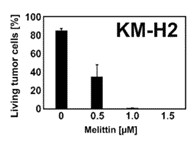 Fig. 1 Toxicity of MEL for HL cell lines KM-H2. (Kreinest T, et al., 2020)
Fig. 1 Toxicity of MEL for HL cell lines KM-H2. (Kreinest T, et al., 2020)
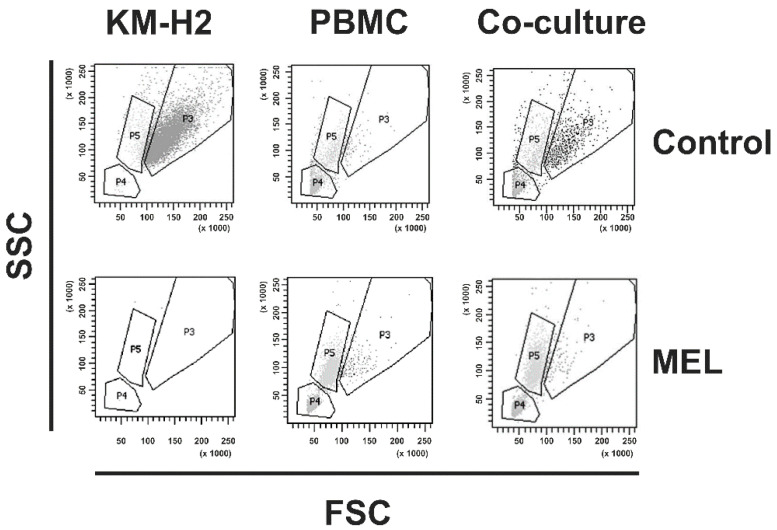 Fig. 2 MEL increases monocyte numbers. (Kreinest T, et al., 2020)
Fig. 2 MEL increases monocyte numbers. (Kreinest T, et al., 2020)
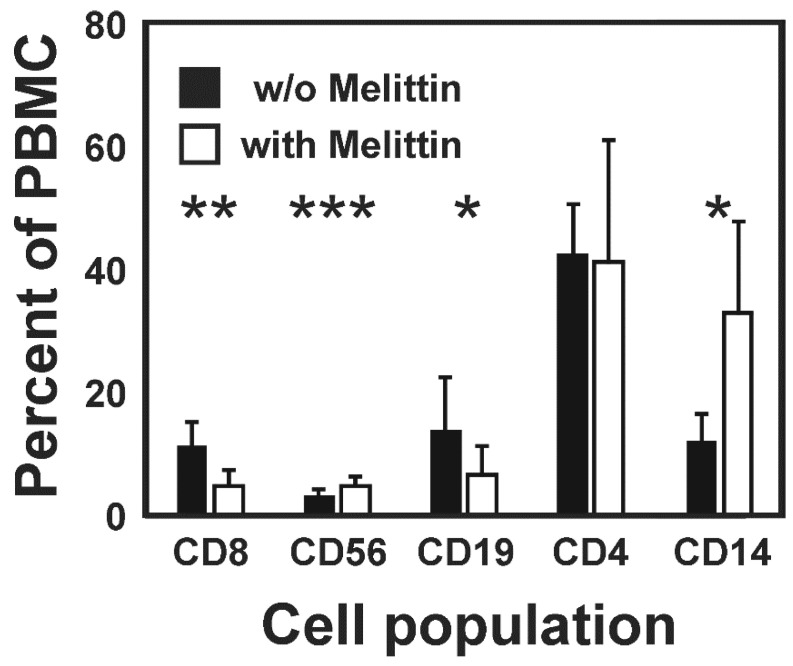 Fig. 3 Changes in blood cell populations after treatment with MEL. (Kreinest T, et al., 2020)
Fig. 3 Changes in blood cell populations after treatment with MEL. (Kreinest T, et al., 2020)
mir148a Overexpression Decreases Cell Proliferation in KM-H2
To put the observation of mir-148a downregulation in classical HL (cHL) in a functional context, three cHL cell lines stably overexpressed mir-148a (KM-H2, L-540, L-1236) were established.
By analyzing these cell lines using the CCK8 assay, a significant decrease (p < 0.05) in cell proliferation after miR-148a overexpression in the KM-H2 cell line. On day 8 of the experiment, a 32% reduction in cell proliferation was observed in the mir-148a-expressing cell line as compared to cells with the empty vector. miR-148a overexpression did not affect the proliferation of L-1236 and L-540 cell lines (Fig. 4).
To analyze if the decrease in cell proliferation observed using the CCK8 test is related to differences in DNA replication, the flow cytometry assay was conducted based on the measurement of newly synthesized DNA in cells in S-phase. In line with the CCK8 test results, a decrease in DNA synthesis was observed for the KM-H2 cell line. On day 3 of culture, KM-H2 cells transduced with miR-148a expression vector showed a significantly lower percentage of cells with newly synthesized DNA as compared to cells transduced with the empty vector (35% vs. 49%, p = 0.03).
 Fig. 4 cHL cell lines (KM-H2, L-540, L-1236) viability after mir-148a overexpression (CCK-8 test). (Paczkowska J, et al., 2020)
Fig. 4 cHL cell lines (KM-H2, L-540, L-1236) viability after mir-148a overexpression (CCK-8 test). (Paczkowska J, et al., 2020)
The CTC pool in cancer patients is heterogeneous and may include CTCs belonging to the epithelial type, epithelial-mesenchymal transition (EMT) type, hybrid (epithelial/EMT +) type, irreversible EMT + type, and circulating tumor stem cells.
The KM-H2 cell line was established from the pleural effusion of a 37-year-old male patient who was diagnosed with mixed cellularity Hodgkin lymphoma that had progressed to the lymphocyte depletion subtype at the time of relapse in 1974.
The KM-H2 cell line is widely used for testing the efficacy and mechanisms of action of novel therapeutic agents targeting Hodgkin lymphoma, as well as for studying the resistance mechanisms to current treatment modalities. It also serves as a platform for developing and evaluating new immunotherapeutic approaches for this disease.
The KM-H2 cell line offers several advantages over the use of primary Hodgkin lymphoma samples, including a reliable and consistent supply of cells, the ability to perform large-scale experiments, and the opportunity to study the disease in a more controlled and reproducible manner.
Ask a Question
Average Rating: 4.7 | 3 Scientist has reviewed this product
Well packaged
Once I received the cells, the product was well packaged and labeled.
26 Jan 2023
Ease of use
After sales services
Value for money
Satisfied
I recently ordered the KM-H2 cell line from Creative Bioarray to investigate novel targeted therapies for HL. I am very satisfied with the overall experience and the quality of the KM-H2 products from Creative Bioarray.
25 Jan 2024
Ease of use
After sales services
Value for money
A reliable platform
The consistent growth characteristics and robust response of the KM-H2 cells have been crucial for the success of my experiments, providing a reliable platform for evaluating drug candidates.
13 Feb 2024
Ease of use
After sales services
Value for money
Write your own review
- You May Also Need

